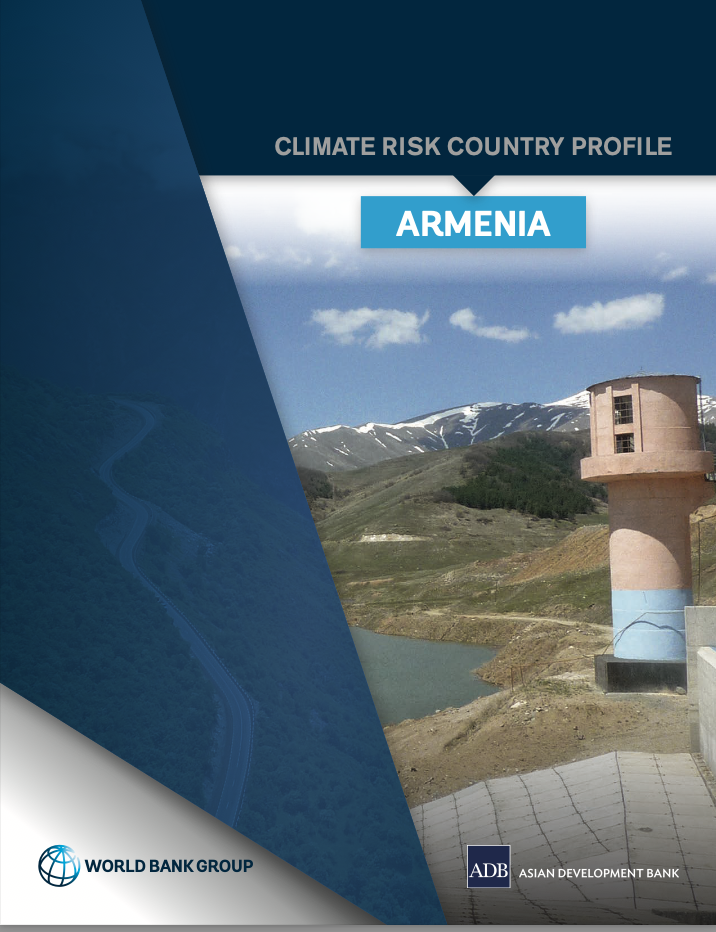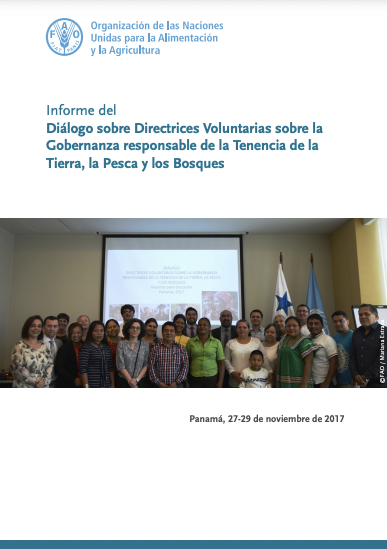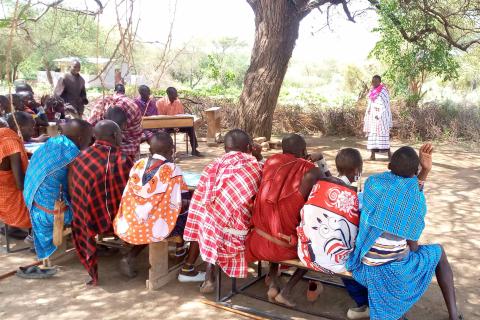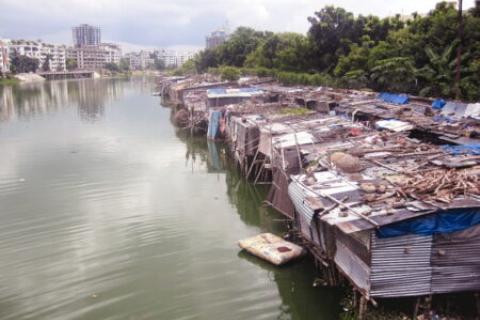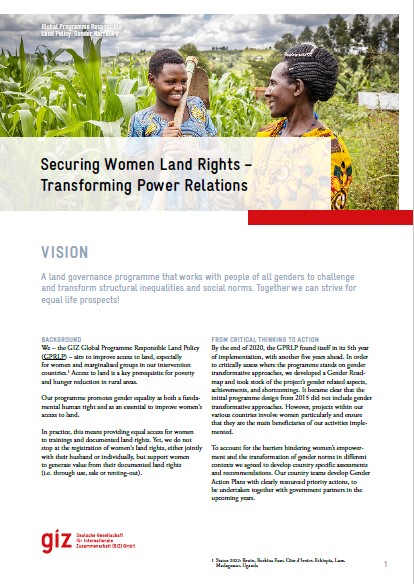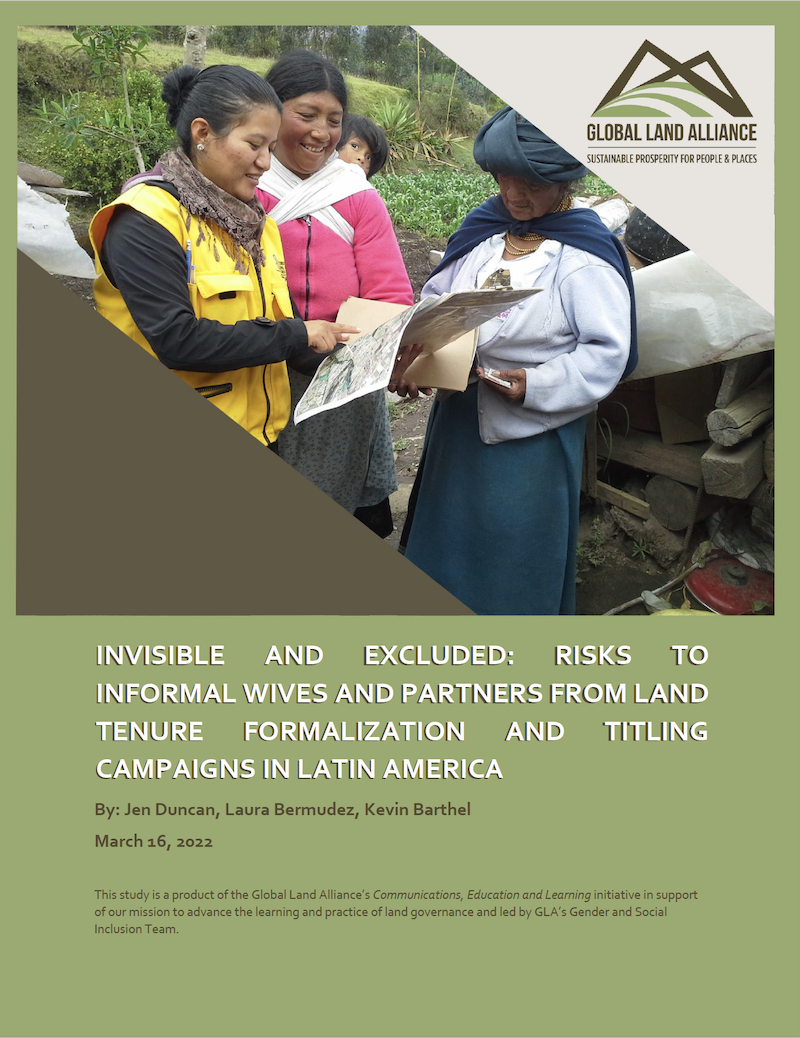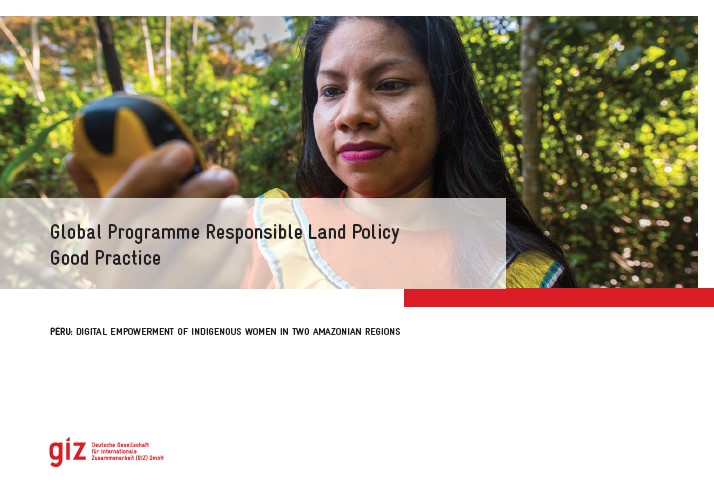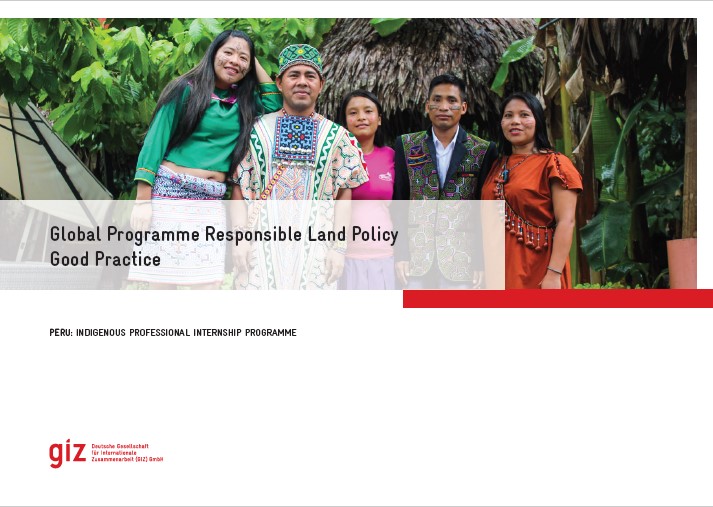Climate Risk Country Profile: Armenia
This publication synthesizes climate characteristics and projections, vulnerability to natural hazards, sectoral climate change impacts, and adaptation priorities in Armenia. It outlines rapid onset and long-term changes in key climate parameters, as well as the impact of these changes on communities, livelihoods, and economies—many of which are already underway. The publication is part of a series of climate risk country profiles published jointly by ADB and the World Bank Group.

